Related Research Articles

A British comic is a periodical published in the United Kingdom that contains comic strips. It is generally referred to as a comic or a comic magazine, and historically as a comic paper.
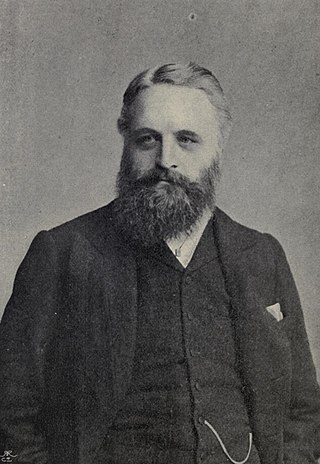
Sir George Newnes, 1st Baronet was a British publisher and editor and a founding figure in popular journalism. Newnes also served as a Liberal Party Member of Parliament for two decades. His company, George Newnes Ltd, was known for such periodicals as Tit-Bits and The Strand Magazine; it continued publishing consumer magazines such as Nova long after his death.
The Amalgamated Press (AP) was a British newspaper and magazine publishing company founded by journalist and entrepreneur Alfred Harmsworth (1865–1922) in 1901, gathering his many publishing ventures together under one banner. At one point the largest publishing company in the world, AP employed writers such as Arthur Mee, John Alexander Hammerton, Edwy Searles Brooks, and Charles Hamilton. Its subsidiary, the Educational Book Company, published The Harmsworth Self-Educator, The Children's Encyclopædia, and Harmsworth's Universal Encyclopaedia. The company's newspapers included the Daily Mail, the Daily Mirror, The Evening News, The Observer, and The Times. At its height, AP published over 70 magazines and operated three large printing works and paper mills in South London.

TI Media was a consumer magazine and digital publisher in the United Kingdom, with a portfolio selling over 350 million copies each year. Most of its titles now belong to Future plc.
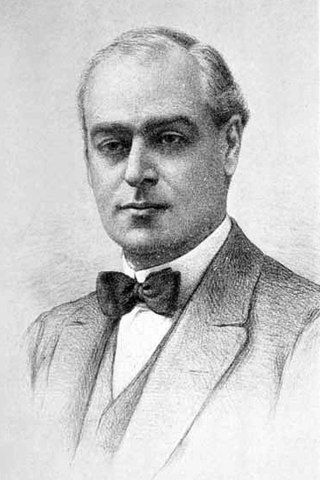
Sir Cyril Arthur Pearson, 1st Baronet,, was a British newspaper magnate and publisher, who founded the Daily Express.

Valiant was a weekly British comics periodical published by Fleetway Publications and later IPC Magazines from 4 October 1962 to 16 October 1976. A boys' adventure comic, it debuted numerous memorable characters, including Captain Hurricane, The Steel Claw and Mytek the Mighty. Valiant lasted for 712 issues before being merged with stablemate Battle Picture Weekly.

Wham! was a weekly British comics magazine published by Odhams Press. It ran for 187 issues from 20 June 1964 to 13 January 1968, when it merged into its sister title Pow!
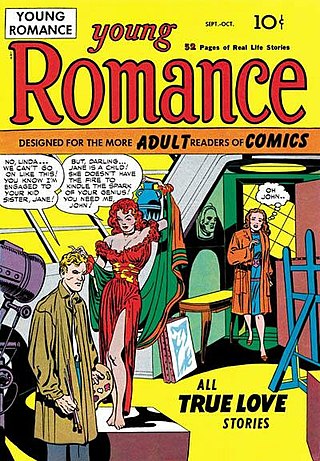
Romance comics are a genre of comic books that were most popular during the Golden Age of Comics. The market for comics, which had been growing rapidly throughout the 1940s, began to plummet after the end of World War II when military contracts to provide disposable reading matter to servicemen ended. This left many comic creators seeking new markets. The romance comic genre was created by Joe Simon and Jack Kirby, who kicked off Young Romance in 1947 in an effort to tap into new adult audiences. In the next 30 years, over 200 issues of the flagship romance comic would be produced.
Frank R. Grey was an English illustrator, best remembered for his illustration of Jane Turpin stories by Evadne Price. He was with the publishing house of Robert Hale, Ltd. and illustrated all ten collections of Jane stories published by Robert Hale. The 1985 collection of Jane stories - Jane and Co published by Macmillan also uses his illustrations.
Ronald Turner was a British illustrator and comic book artist.

Odhams Press was a British publishing company, operating from 1920 to 1968. Originally a magazine publisher, Odhams later expanded into book publishing and then children's comics. The company was acquired by Fleetway Publications in 1961 and then IPC Magazines in 1963. In its final incarnation, Odhams was known for its Power Comics line of titles, notable for publishing reprints of American Marvel Comics superheroes.
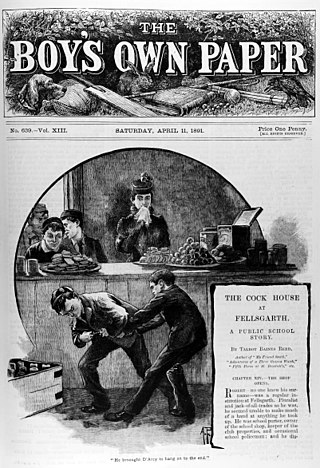
Magazines intended for boys fall into one of three classifications. These are comics which tell the story by means of strip cartoons; story papers which have several short stories; and pulp magazines which have a single, but complete, novella in them. The latter were not for the younger child and were often detective or western in content and were generally greater in cost. Several titles were published monthly whereas the other two categories were more frequent.
Harry Rountree was a prolific illustrator working in England around the turn of the 20th century. Born in Auckland, New Zealand, he moved to London in 1901, when he was 23 years old.

Scoops was a weekly British science fiction magazine published by Pearson's in tabloid format in 1934, edited by Haydn Dimmock. Scoops was launched as a boy's paper, and it was not until several issues had appeared that Dimmock discovered there was an adult audience for science fiction. Circulation was poor, and Dimmock attempted to change the magazine's focus to more mature material. He reprinted Arthur Conan Doyle's The Poison Belt, improved the cover art, and obtained fiction from British science fiction writers such as John Russell Fearn and Maurice Hugi, but to no avail. Pearson's cancelled the magazine because of poor sales; the twentieth issue, dated 23 June 1934, was the last. The failure of the magazine contributed to the belief that Britain could not support a science fiction magazine, and it was not until 1937, with Tales of Wonder, that another attempt was made.
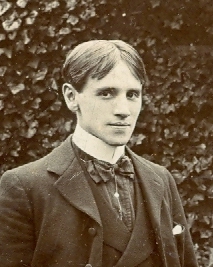
Alfred Garth Jones (1872–1955) was an English artist and illustrator who worked mainly in woodcut, pen and ink line art drawing and watercolour.
Robin was a British weekly children's magazine published from 1953 to 1969, originally by Hulton Press. Robin was billed as "companion to Eagle, Girl, and Swift" and aimed at younger readers and pre-readers.
Scouting magazine was a bi-monthly publication of The Scout Association. The magazine included information, resources and support for both young people and adults involved with The Scout Association and Scouting. From 2004, it was supplied free of direct charge to adult leaders and office holders of the association. The magazine originated in July 1909 as the Headquarters Gazette, merged with other periodical publications and had several changes of title, content, format and distribution method. The last issue was published in the autumn of 2020.

George Newnes Ltd is a British publisher. The company was founded in 1891 by George Newnes (1851–1910), considered a founding father of popular journalism. Newnes published such magazines and periodicals as Tit-Bits, The Wide World Magazine, The Captain, The Strand Magazine, The Grand Magazine, John O'London's Weekly, Sunny Stories for Little Folk, Woman's Own, and the "Practical" line of magazines overseen by editor Frederick J. Camm. Long after the founder's death, Newnes was known for publishing ground-breaking consumer magazines such as Nova.
City Magazines was a British publisher of weekly comics and men's magazines that operated from the mid-1950s to the mid-1970s. The company's most notable publications were comics magazines based on licensed television properties, including TV Century 21 and Lady Penelope, both of which featured comics based on Gerry Anderson's Century 21 Productions Supermarionation shows.
British girls' comics flourished in the United Kingdom from the 1950s through the 1970s, before beginning to decline in popularity in the 1980s and 1990s. Publishers known for their girls' comics included DC Thomson and Fleetway/IPC. Most titles appeared weekly, with the content primarily in picture-story format. The majority of the stories were serialized, with two or three pages per issue, over eight to twelve issues. They were marketed toward young teen girls.
References
- ↑ Fritzinger, Linda (2006). Diplomat without Portfolio: Valentine Chirol, His Life and Times. I.B. Tauris. p. 324. ISBN 9780857712134.
- ↑ Cox, Howard; Mowatt, Simon (2014). Revolutions from Grub Street: A History of Magazine Publishing in Britain. Oxford University Press. p. 45. ISBN 9780199601639.
- ↑ "London Opinion [closed]," MagForum. Retrieved Apr. 1, 2021.
- 1 2 "George Newnes Co," Grace's Guide to British Industrial History. Retrieved Apr. 1, 2021.
- ↑ The Times (June 19, 1959).
- ↑ "Odhams Press," International Catalogue of Super-Heroes. Retrieved Mar. 3, 2021.
- ↑ Birch, Paul. "Speaking Frankly," Archived 20 July 2011 at the Wayback Machine Birmingham Mail (14 December 2008).